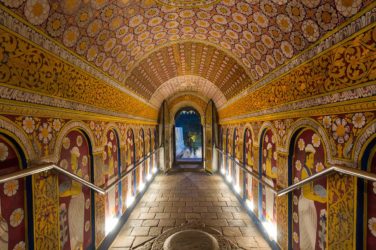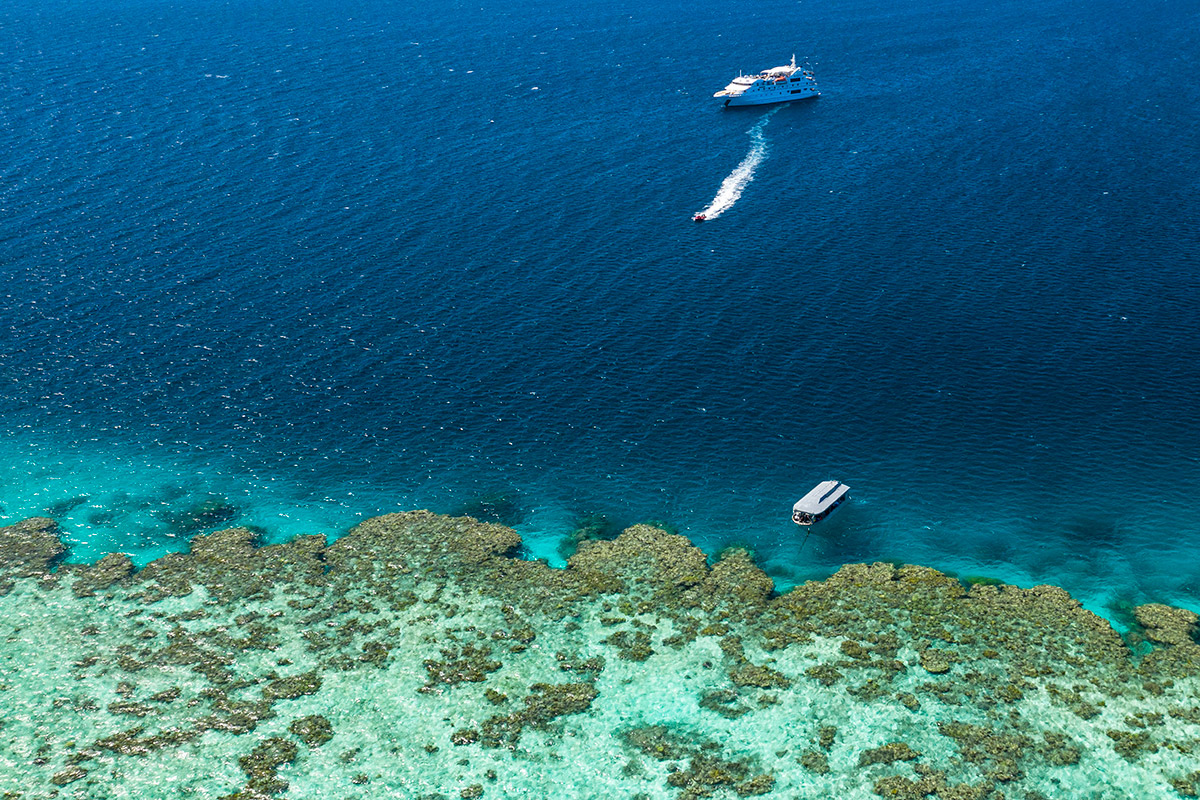A man in the village of Talana, Sardinia, is finishing breakfast. A simple meal of bread, cheese and milk. He looks across the valley from a small window and then at the garden in his backyard. There are some beans to pick and weeds to pull. After he’s done with that, he’ll walk into town and catch up with his daughter and grandchildren. Maybe have a nap in the afternoon and a glass of wine as the sun starts to dip.
A woman in the village of Hiogashi, Okinawa, strolls through the farmers market. She checks the ripeness of a dragon fruit and asks the man when they’ll be ready. She bumps into almost everyone from the village and makes small talk about the weather and how it looks like a good day for drying laundry on the line. The sky is clear, as usual, but the breeze has a new crispness.
A couple exits the Seven-Day Adventist church in Loma Linda, USA, early in the evening. With their faith restored, they wave goodbye to their friends in the congregation, and decide to enjoy a meal out in town with their children, rather than going back home. It’s their scripture that recommends a lifestyle excluding meat, alcohol and smoking. And lucky for them, their hometown has a number of vegetarian and vegan restaurants to choose from.
small pockets of the planet where environment, lifestyle and genetics come together and human life is extended
While these three scenarios seem scattered and random, they’re linked by one intriguing fact – the people who call these places home live longer than anyone else on Earth. Known as Blue Zones, they’re small pockets of the planet where a combination of environment, lifestyle and genetics come together and human life is extended.
Discovered by the research of Gianna Pes and Michel Poulain, the two men zeroed in on a cluster of villages around the world with the highest longevity. Once identified, they started drawing blue circles around these places on their maps and calling the area inside Blue Zones.
Along with villages in Italy, Japan and California, the men also uncovered spots in Costa Rica and Greece that had an unusually high number of people who live to be 100-years-old. In particular, a village called Seulo in Sardinia, which held the record of 20 centenarians living in one place until 2016.
Want to live longer, but can’t pack up and relocate to any of these destinations? Don’t worry, the guys were able to take their research and extract nine lessons from their data, which anyone can apply, regardless of where you live. These include putting family ahead of any other concerns, eating a plant-based diet, regular moderate physical activity, a solid social life, no smoking, and a sensible intake of booze. It’s not rocket science, but if you’re too slack or weak-willed to manage any of those, there are plenty of luxury companies attempting to cash in on the Blue Zone phenomenon, so you could always just rub some of this magic cream on your face instead.
Image: A beach on Okinawa, Japan. Who wouldn’t want to live a little longer here?




